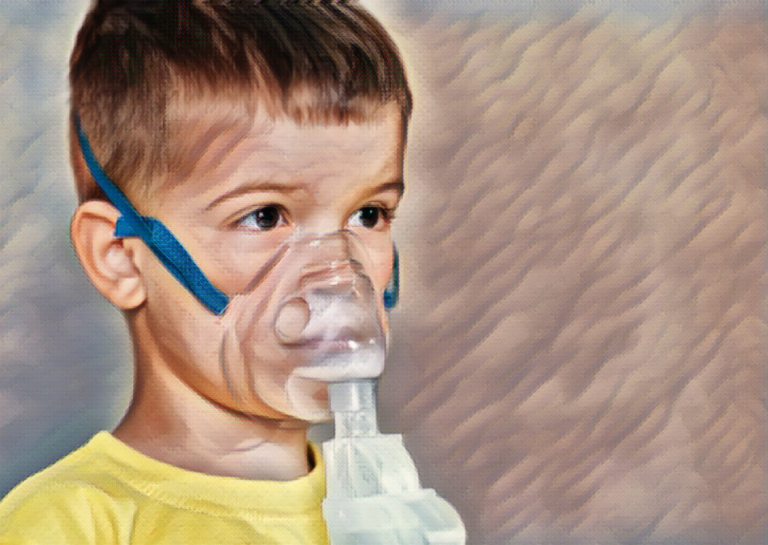Overview
Bronchitis is a common respiratory condition that affects many children worldwide. It is characterized by inflammation of the bronchial tubes, which can cause coughing, wheezing, and difficulty breathing. Bronchitis can be caused by a variety of factors, including viral or bacterial infections, exposure to environmental irritants, and certain medical conditions. It is important to understand the symptoms, causes, treatment, and prevention of bronchitis in children in order to manage and prevent this condition.
Symptoms
The most common symptoms of bronchitis in children include:
- Cough: A persistent cough is the most common symptom of bronchitis, and it can last for several weeks.
- Wheezing: Children with bronchitis may also have wheezing or whistling sounds when they breathe.
- Shortness of breath: Children with bronchitis may have difficulty breathing, especially during physical activity.
- Chest congestion: Children may have chest pain and tightness
- Fatigue: Children may feel tired and weak
- Fever: A low-grade fever may be present
- Loss of appetite
Causes
Bronchitis can be caused by a variety of factors, including:
- Viral or bacterial infections: The most common cause of bronchitis is a viral infection, such as the common cold or flu. Bacterial infections can also cause bronchitis, but this is less common.
- Environmental irritants: Exposure to environmental irritants, such as smoke, pollution, or chemicals, can cause bronchitis.
- Medical conditions: Certain medical conditions, such as asthma or cystic fibrosis, can increase the risk of developing bronchitis.
Treatment
Treatment for bronchitis will depend on the underlying cause of the condition. In most cases, the goal of treatment is to manage symptoms and prevent complications.
- Medications: Over-the-counter pain relievers, such as ibuprofen or acetaminophen, can help to reduce fever and chest pain. Cough suppressants and expectorants can also be used to reduce coughing.
- Inhaled medications: Inhaled bronchodilators, such as albuterol, can be used to open up the airways and make breathing easier.
- Antibiotics: If the bronchitis is caused by a bacterial infection, antibiotics may be prescribed.
- Steam: Inhaling steam from a humidifier or hot shower can help to loosen mucus and make coughing more productive.
- Rest: Children with bronchitis should get plenty of rest to help the body fight off the infection.
Prevention
There are several steps that can be taken to prevent bronchitis, including:
- Handwashing: Proper handwashing is the most effective way to prevent the spread of infection.
- Avoid close contact with sick individuals: If someone in your household has bronchitis, try to avoid close contact with them until they have recovered.
- Immunizations: Make sure that children are up-to-date on their vaccinations, such as the flu vaccine.
- Avoid smoking and secondhand smoke: Children exposed to smoking and secondhand smoke have an increased risk of bronchitis
- Avoid exposure to environmental irritants: Minimize exposure to pollution, chemicals, and dust.
Citations
- “Bronchitis” by MedlinePlus, retrieved from https://medlineplus.gov/bronchitis.html
